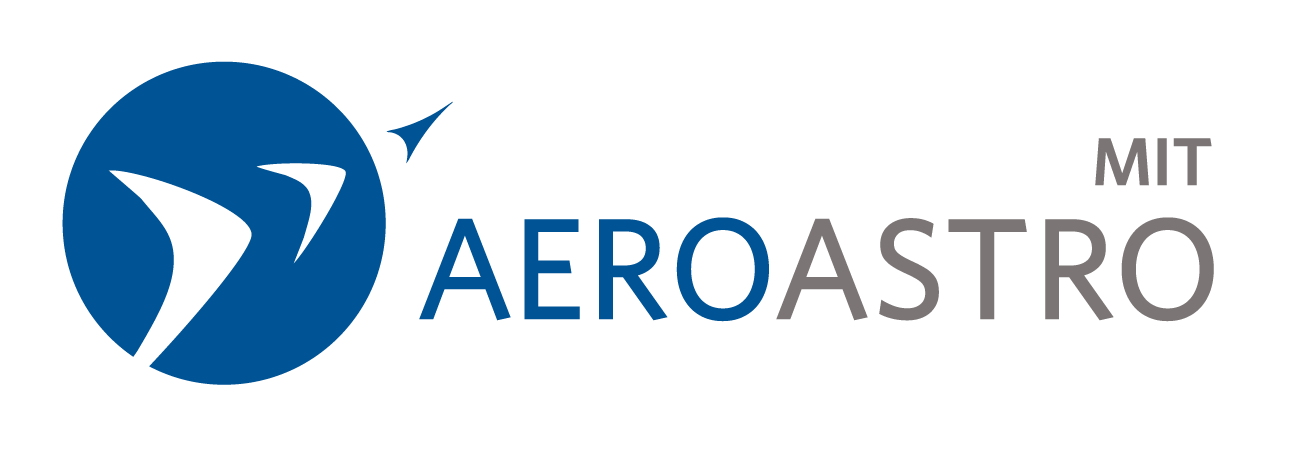Past Speakers
Keynote Speakers

Dr. Steve Chien is a JPL Fellow, Senior Research Scientist, and (Co-) Head of the Artificial Intelligence Group, at the Jet Propulsion Laboratory, California Institute of Technology. He has led the deployment of AI software to a wide range of missions including: Autonomous Sciencecraft on EO-1, Earth Observing Sensorweb, WATCH on MER, IPEX, ESA’s Rosetta, ECOSTRESS, OCO-3, and the M2020 Perseverance Rover.
Dr. Chien has been recognized four times in the NASA Software of the Year competition and received four NASA Medals for his work in AI for Space. In 2011, he was awarded the inaugural AIAA Intelligent Systems Award for his contributions to Spacecraft Autonomy.

Professor Brian Williams received his S.B., S.M, and Ph.D. in Computer Science and Electrical Engineering at MIT, and worked at the Xerox Palo Alto Research Center and NASA Ames Research Center, prior to joining the faculty at MIT. He received a NASA Space Act Award for Remote Agent, the first fully autonomous, self-repairing space explorer, demonstrated onboard the NASA Deep Space One probe in May, 1999. He is a fellow of AAAI, has served as guest editor of the Artificial Intelligence Journal and has been on the editorial boards of the Journal of Artificial Intelligence Research, and MIT Press.

Greg Wyler is Founder, CEO and Chief Architect at E-Space. In this role, Greg has re-imagined low Earth orbit (LEO) satellite system design, manufacturing, economics and service delivery to overcome the limitations associated with legacy LEO systems. Greg also serves as Chairman of the E-Space Board of Directors. Greg is a recognized technology entrepreneur, engineer and visionary, with a proven track record of creating and growing innovative space companies. In 2007, he founded O3b Networks, followed by starting OneWeb in 2012. Both have proven successful, leveraging satellite technology to fuel global connectivity missions. Greg holds more than 35 patents related to the design, implementation and use of satellite communications technology.
Lightning Talks

Julia Briden is a 3rd year Aeronautics, Astronautics, and Statistics Ph.D. student at MIT. As a NASA Space Technology Graduate Research Opportunities (NSTGRO) fellow at the MIT ARCLab, she is working to develop computationally efficient algorithms for spacecraft entry, descent, and landing and accurate space weather prediction and modeling methods for resident space object reentry. Previously, she worked as a Robotics, Guidance, and Control Intern at NASA JPL in 2023, as a Flight Mechanics and Trajectory Design Intern at NASA JSC in 2022, as a GN&C Intern for New Glenn hardware-in-the-loop (HIL) at Blue Origin in 2021, and as a Flight Systems Engineering Intern for the NISAR mission at NASA JPL in 2020.
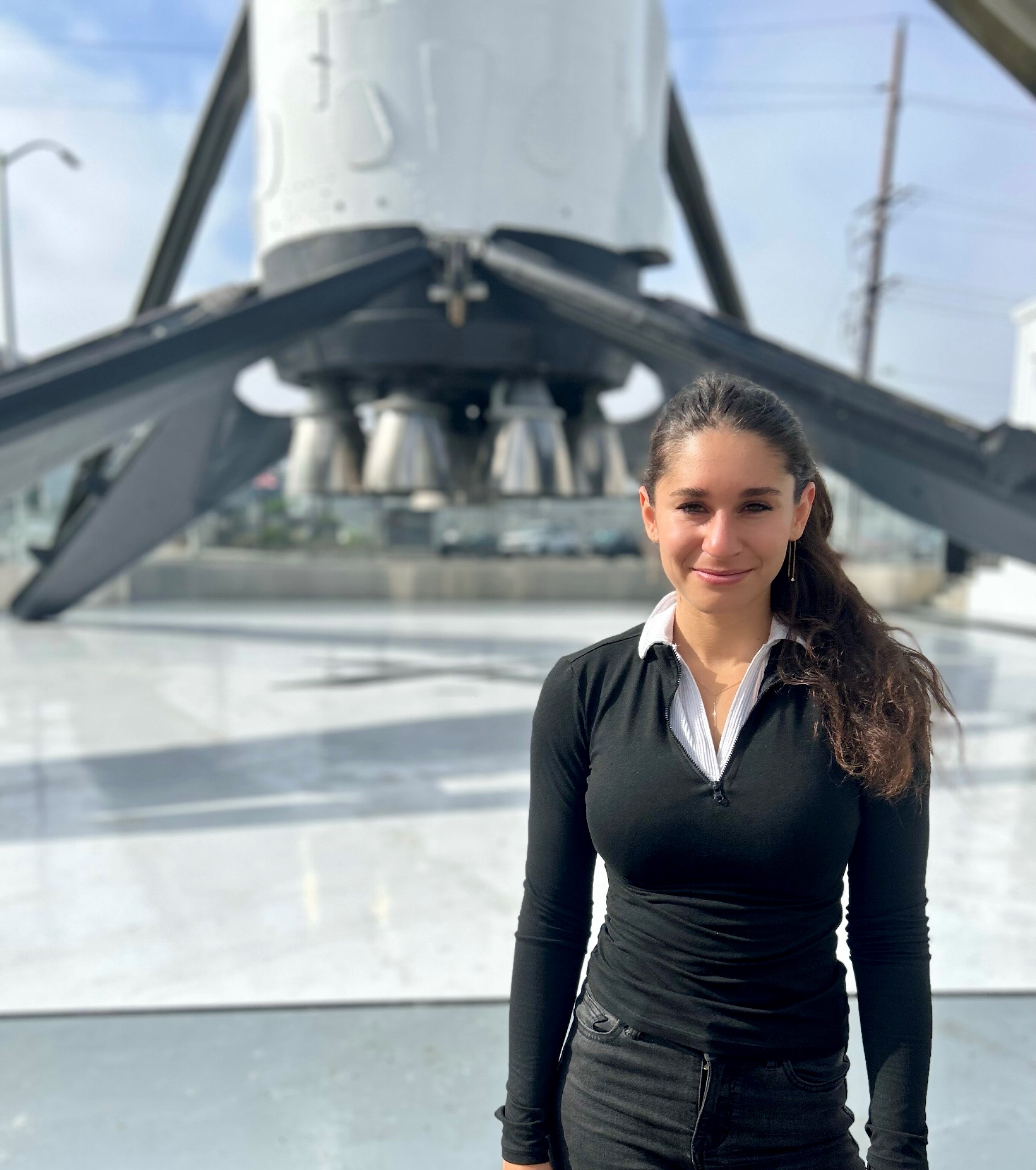
Skylar Eiskowitz is a PhD candidate in the Engineering Systems Lab, and has gained valuable optimization and modeling skills through experiences with SpaceX, Blue Origin, Raytheon, and The Aerospace Corporation. She has a passion for outreach and a love for finance.
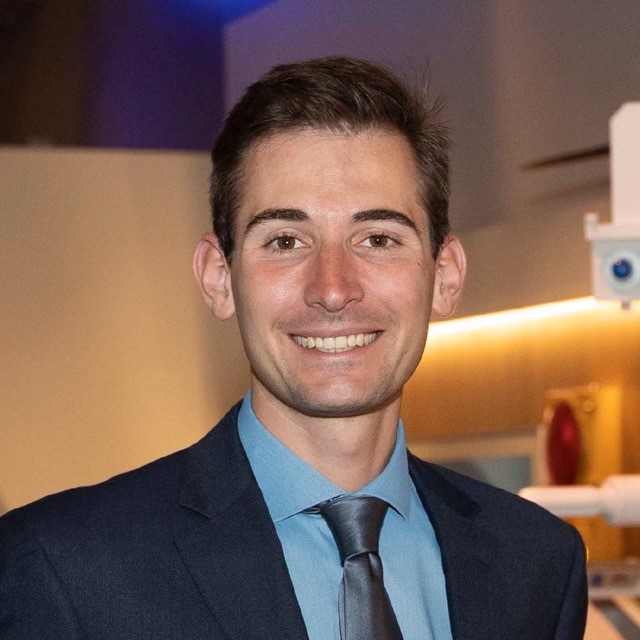
Ryan de Freitas Bart is a graduate student and Draper Scholar in the Department of Aeronautics and Astronautics at MIT specializing in systems analysis and space vehicle reusability. He received a B.S. in Electrical and Computer Engineering from Cornell University and a S.M. in Aeronautics and Astronautics from the Massachusetts Institute of Technology.
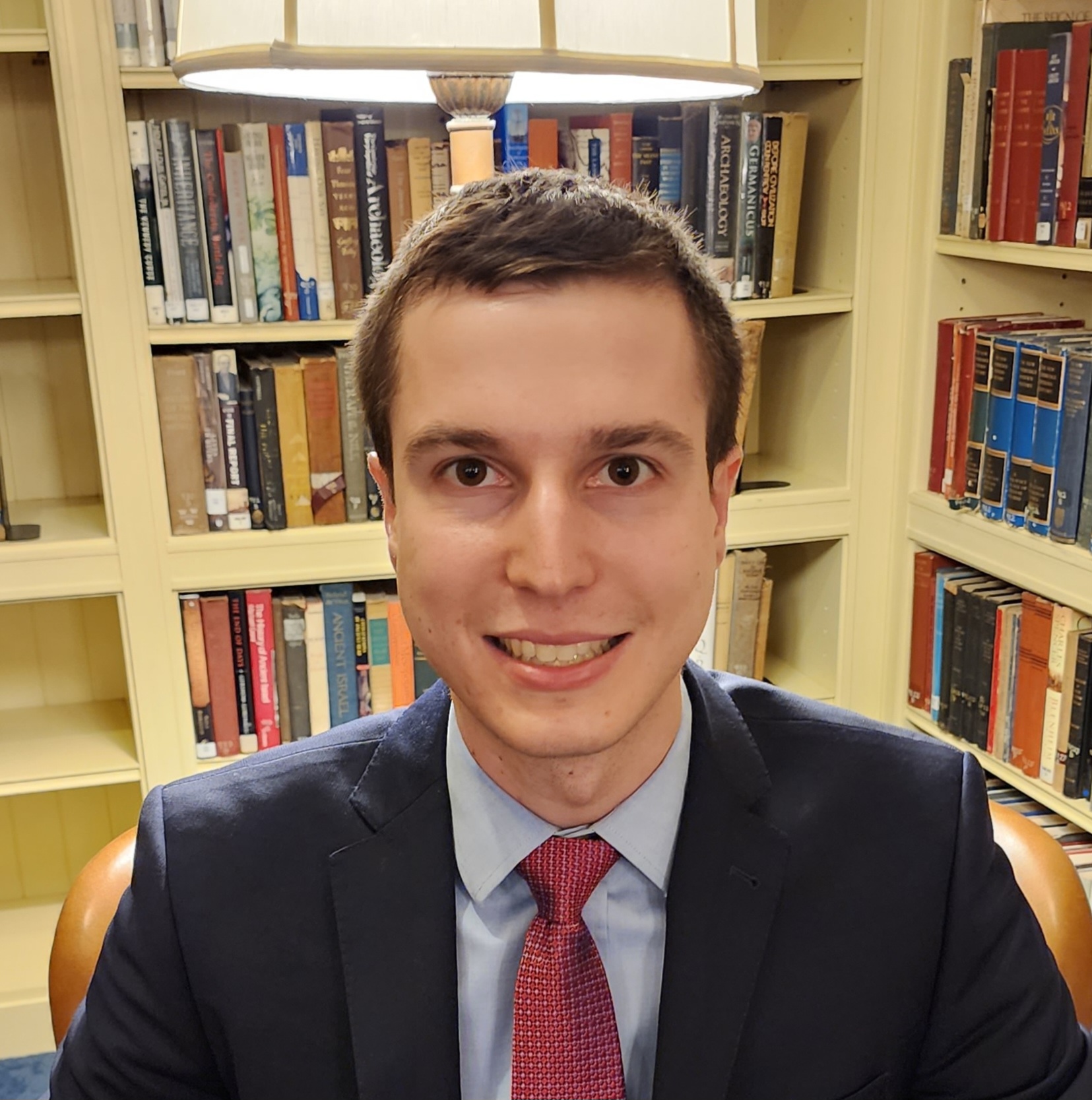
Billy Kline is a first-year master’s student studying Aeronautics and Astronautics at MIT and a Space Operations Officer in the U.S. Space Force. Within the Engineering Systems Laboratory at MIT, his research focuses on the use of machine learning to improve orbit estimation through better predictions of out-of-sight changes in the trajectories of satellites. Previously, he has spent two summers conducting research at Vyoma, a Munich-based company dedicated to improving space sustainability through the automation of collision avoidance in space.
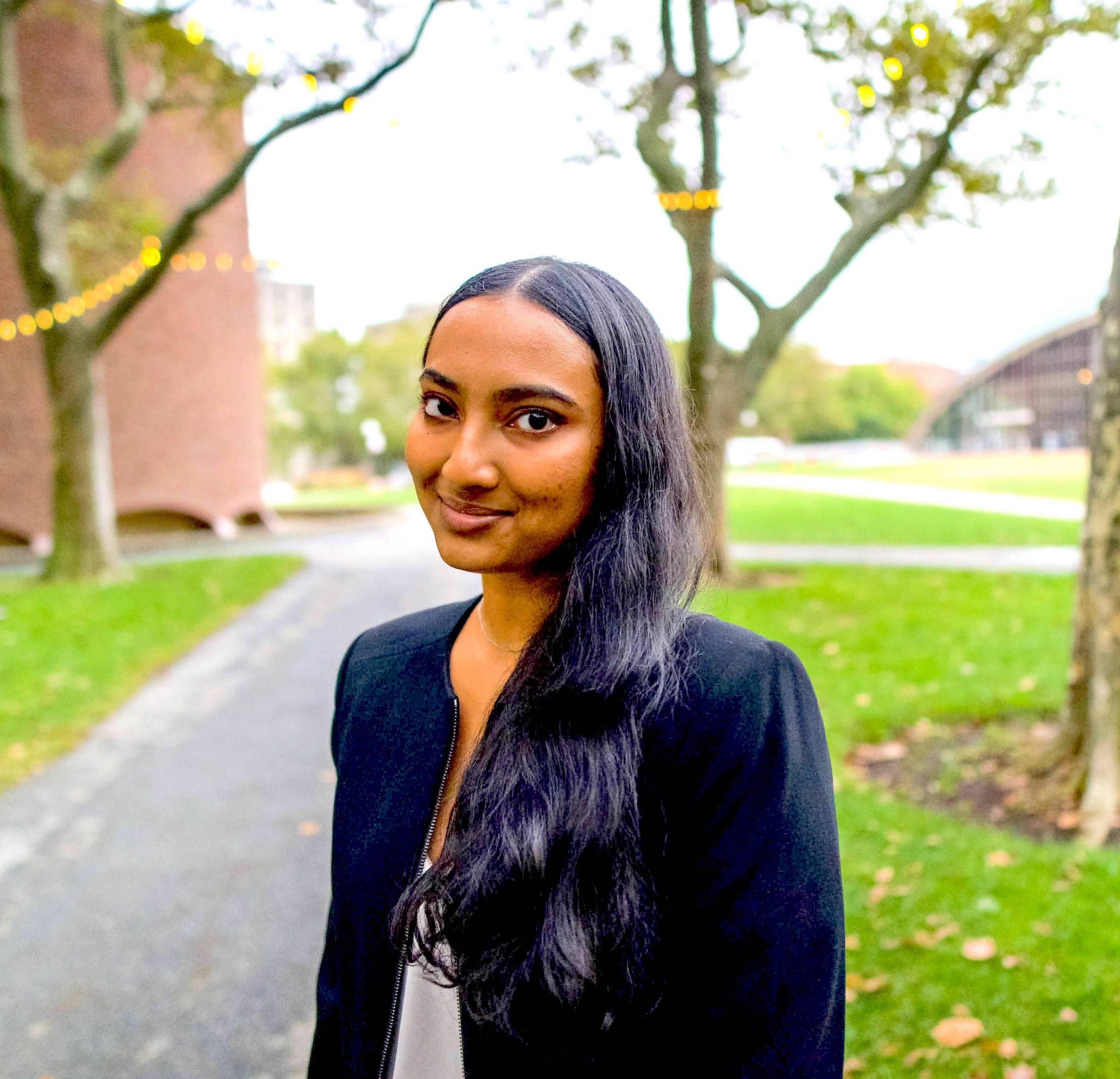
Rashmi Ravishankar is a PhD Candidate in the CSE and AeroAstro departments at MIT and a graduate researcher at the Engineering Systems Lab advised by prof Olivier de Weck. Her research interests include systems engineering for space applications specifically computer vision for object detection on satellite imagery, obstacle avoidance, and multidisciplinary design optimization for edge computing in space. She is an MIT Energy Fellow and recipient of the CCSE MathWorks Prize for Outstanding Masters Research.
Panelists and Moderators

Dr. Roberto Furfaro is currently Full Professor, Department of Systems and Industrial Engineering, Department of Aerospace and Mechanical Engineering, University of Arizona. He is also the Deputy Director of the Space, Security, Safety & Sustainability Center (S4C). He obtained a Laurea Degree (M.S. equivalent) in Aeronautical Engineering (1998, University of Rome “La Sapienza”) and a Ph.D. in Aerospace Engineering (2004, University of Arizona). He has a broad range of expertise and research interests and has been working on a numerous and diverse projects including development of guidance navigation and control of planetary landers, systems engineering for close-proximity operations on small bodies, machine learning applications to space situational awareness and G&C for hypersonic vehicles.

Thomas González Roberts is a PhD candidate in the Massachusetts Institute of Technology’s Department of Aeronautics and Astronautics, a graduate research fellow in the Department’s Astrodynamics, Space Robotics, and Controls Laboratory, and an adjunct fellow at the Center for Strategic and International Studies in Washington, DC. His research interests include astrodynamics, space sustainability, and international space policy.
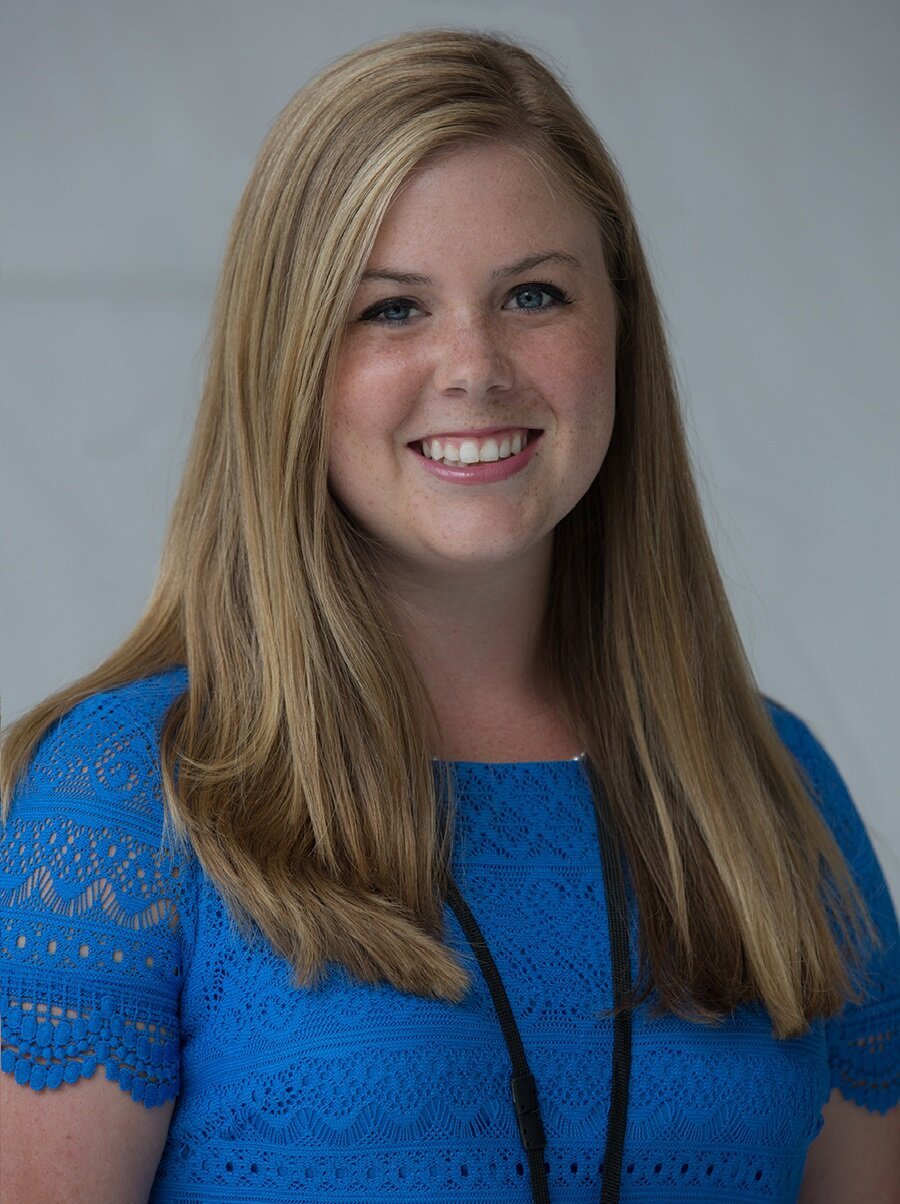
Kaitlyn Johnson is a space policy subject matter expert. She currently serves as the Deputy Director of the U.S. Space Force’s Chief of Space Operation’s (CSO) Strategic Initiatives Group. In this role, Mrs. Johnson works across the Space Force headquarters and field staffs to provide advice, organization, and strategic messaging recommendations to the current CSO, General B. Chance Saltzman. Mrs. Johnson has expertise from her many years at the Center for Strategic and International Studies’ (CSIS) Aerospace Security Project. At CSIS she led multi-year interdisciplinary projects on subjects such as adversarial counterspace weapons developments, defenses against counterspace weapons, international space norms and behaviors, cislunar space environment and policy, NATO’s space policy and vision, and the history and establishment of the U.S. Space Force.

Dr. Mikhail Klassen is a Senior Machine Learning Engineer in the Applied ML group at Planet, where he develops computer vision models for remote sensing applications. Planet builds and operates the largest fleet of Earth observation satellites, with about 200 satellites imaging every part of the Earth’s landmass almost every day to make change visible, accessible, and actionable. Prior to joining Planet, Mikhail cofounded an applied ML startup that built analytics tools for commercial pilot training. He is also a PhD in astrophysics and a co-author of an O’Reilly Media textbook on data mining.
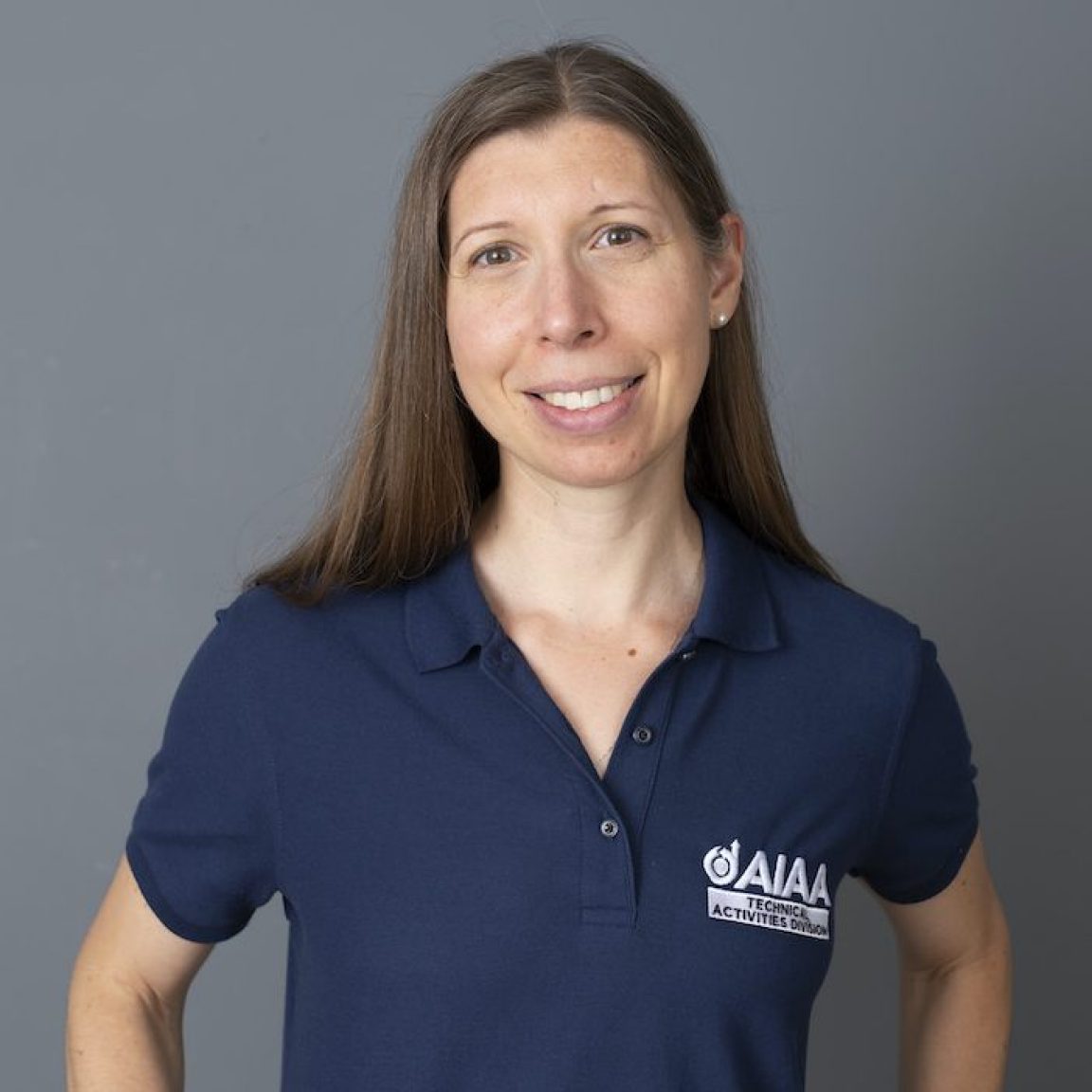
Professor Kerri L. Cahoy is an electrical and aerospace engineer and a professor of Aeronautics and Astronautics at MIT. She is also the co-founder of laser communications firm SpaceRake. Cahoy is the leader of the Space Telecommunications, Astronomy and Radiation Laboratory (STAR Lab) at MIT, and she is most well known for her research in studying planetary atmospheres and exoplanet atmospheres along with her technology demonstration work on nanosatellites.

Adriana Mitchell is a Ph.D. candidate in MIT’s Astrodynamics, Space Robotics, and Controls Lab, and a research affiliate at NASA JPL, working to improve optical navigation during entry, descent, and landing on other planetary bodies. Her research interests include deep-space optical navigation, satellite-based localization, and remote sensing.
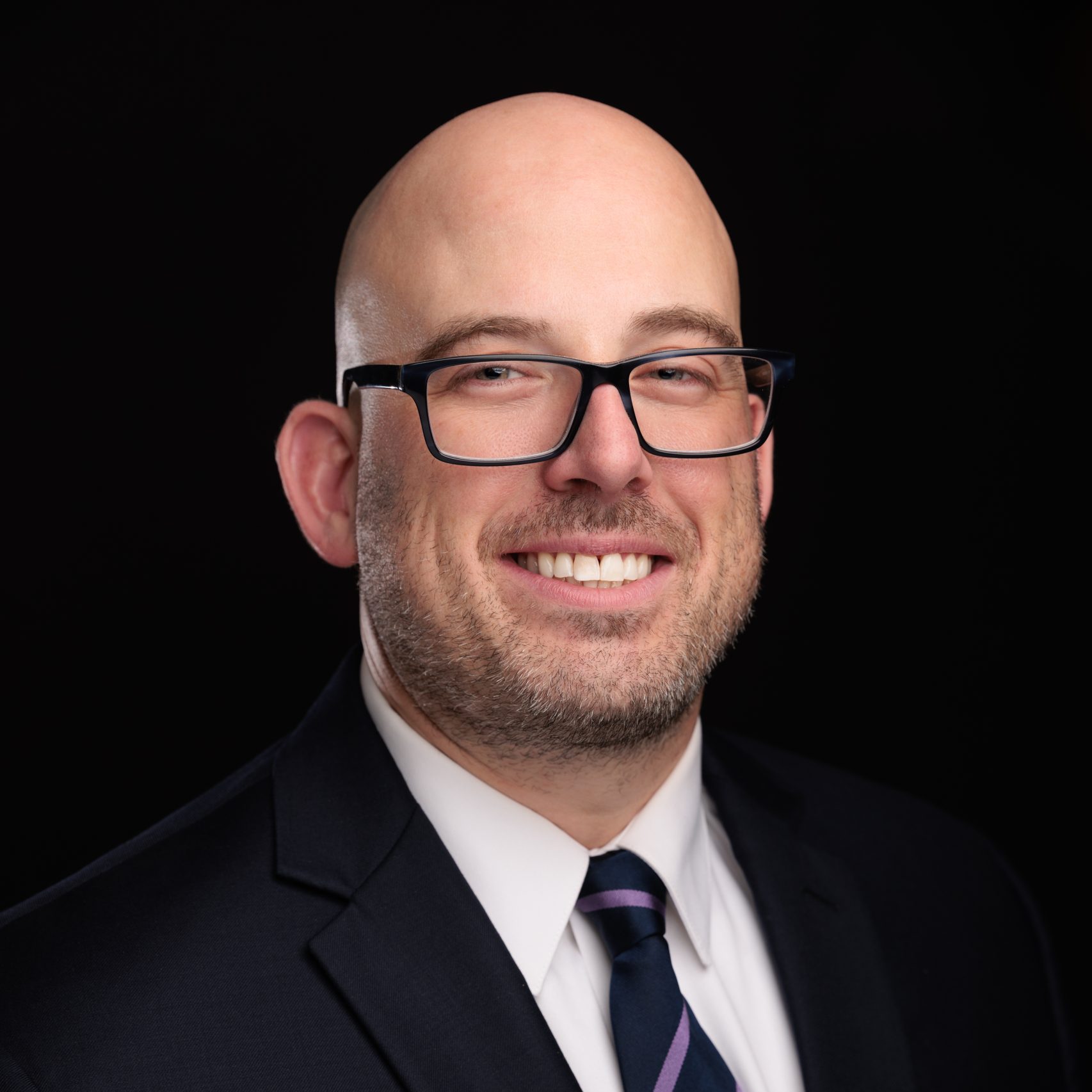
Mark Munson is the Program Manager for the MIT AeroAstro Small Satellite Collaborative. He received his B.S. studying aerospace engineering at the United States Naval Academy and M.S. from Virginia Tech in aerospace engineering.

Professor Victor Rodriguez-Fernandez is an associate professor in the school of computer systems engineering of Universidad Politécnica de Madrid (UPM). He holds a Ph.D. in computer science at the Autonomous University of Madrid. He is part of the Applied Intelligence and Data Analysis (AIDA) research group at UPM, where he is involved with several projects funded by the European Commission and the European Space Agency. In 2023, he joined MIT Aeroastro as a visiting professor for one year, and became a collaborator with the Astrodynamics, Space Robotics and Control Laboratory (ARCLab) group, where his research is focused on the practical applications of AI in space research.
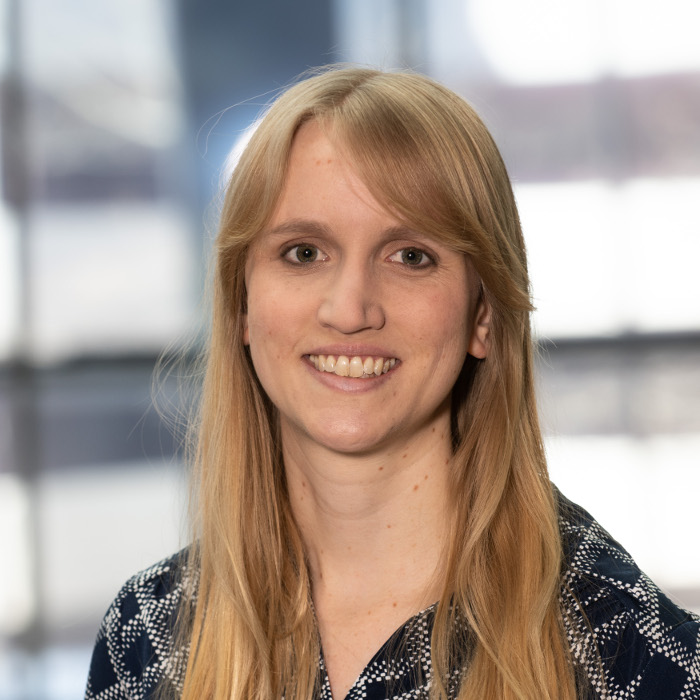
Rebecca Russell is a Principal Machine Learning Scientist in the Perception & Embedded Machine Learning group at Draper. She received her Ph.D. from MIT and B.S. from Caltech. Since joining Draper in 2016, Dr. Russell’s research has focused on deep learning for autonomy and navigation spanning the ground, air, and space domains, with a focus on creating trustworthy and uncertainty-aware deep learning systems.
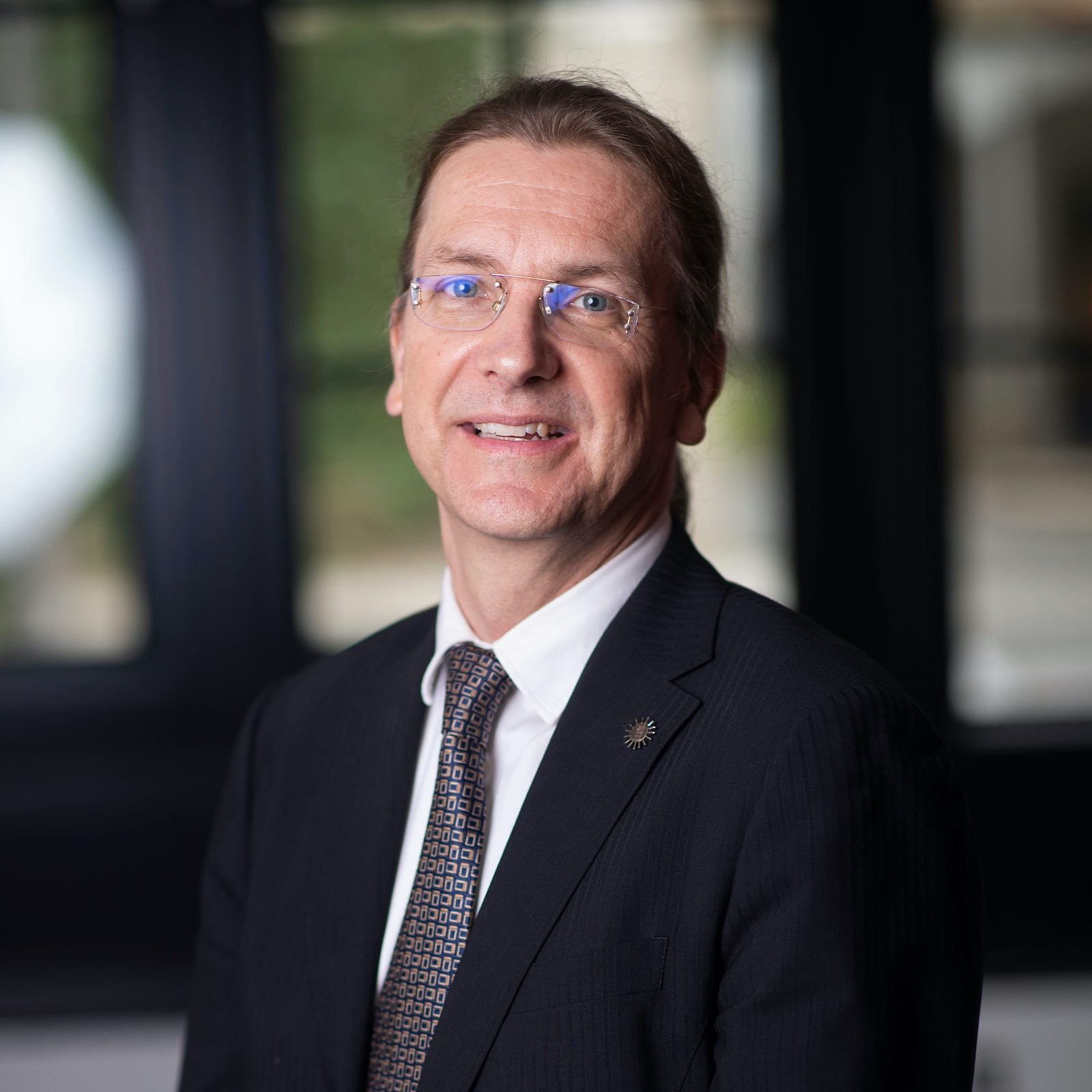
Professor Zoltán Spakovszky is an aerospace engineer, academic and researcher. He is best known for his work on fluid system instabilities and internal flow in turbomachinery. He is T. Wilson Professor in Aeronautics at MIT and the Director of the MIT Gas Turbine Laboratory. His research interests include Propulsion and energy conversion, internal flows in fluid machinery, compressor aerodynamics and stability, micro-fluidics and rotordynamics, aero-acoustics, aircraft design for environment, electrified aviation.
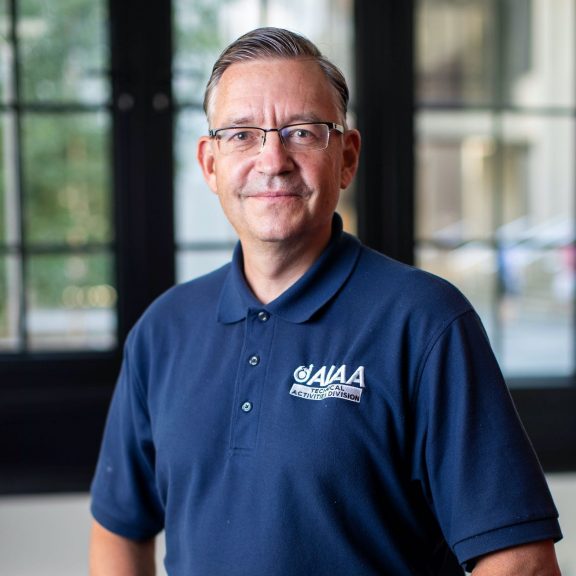
Professor Olivier L. de Weck is the Apollo Program Professor of Astronautics and Engineering Systems at MIT where he teaches Technology Roadmapping, Satellite Engineering and Systems Engineering as well as Multidisciplinary Design Optimization. He has authored over 400 publications (12 best paper awards since 2004) and is a Fellow of INCOSE, Associate Fellow of AIAA and Senior Member of IEEE. His passion is to improve life on our home planet Earth through research and education while paving the way for humanity’s future off-world settlements.

Dr. Brian Weeden is the Chief Program Officer for Secure World Foundation and has more than 20 years of professional experience in space operations and policy. He directs strategic planning for future-year projects to meet the Foundation’s goals and objectives, and conducts research on space sustainability issues. He is a former member and Chair of the World Economic Forum’s Council on the Future of Space Technologies, a former member of the Advisory Committee on Commercial Remote Sensing (ACCRES) to the National Oceanic and Atmospheric Administration (NOAA), and the former Executive Director of the Consortium for Execution of Rendezvous and Servicing Operations (CONFERS). Prior to joining SWF, Dr. Weeden served nine years on active duty as an officer in the United States Air Force working in space and intercontinental ballistic missile (ICBM) operations.
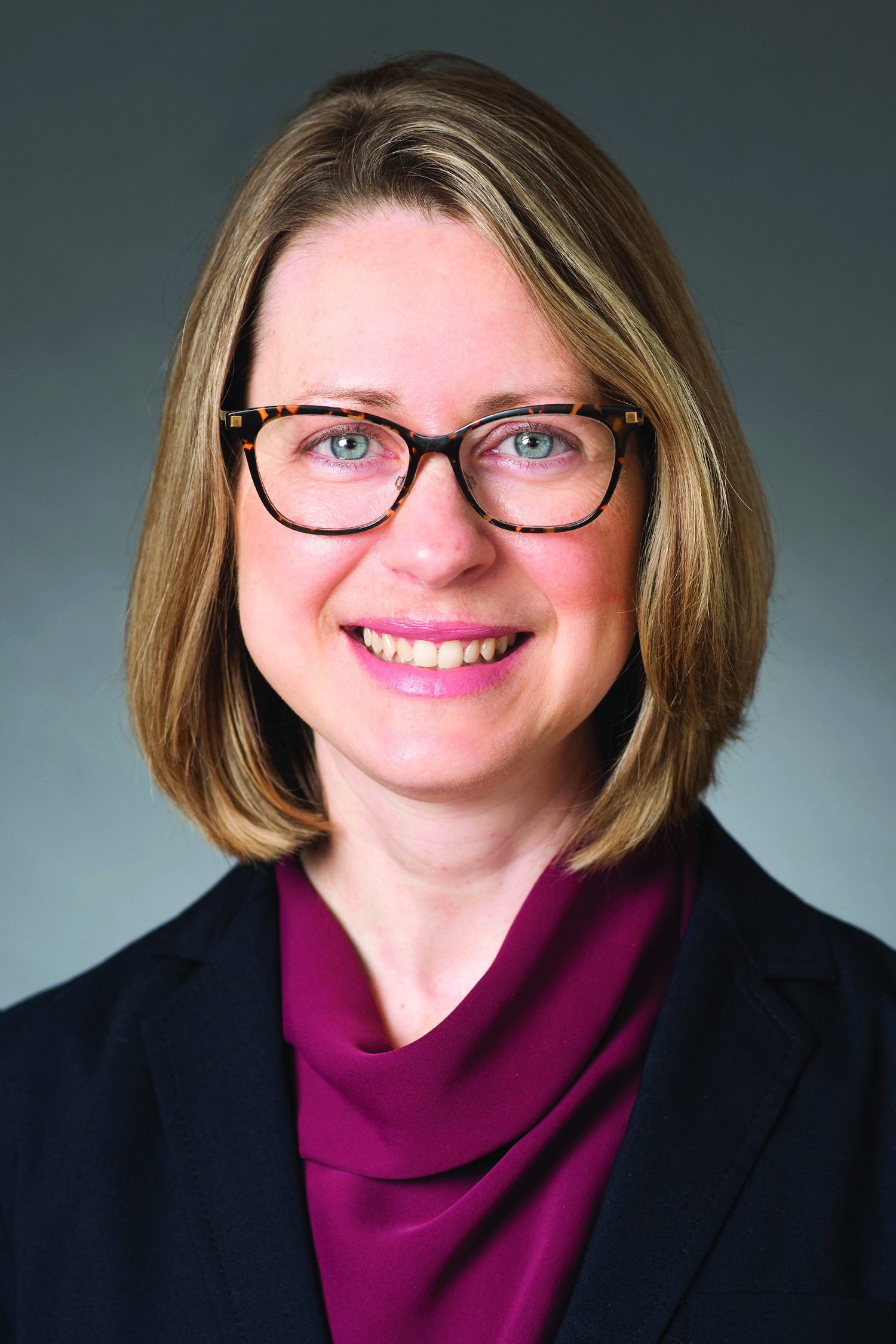
Jessica West leads research to advance peace and security in outer space through a humanitarian focus on space for all and benefits to people and the planet. She interacts regularly with key United Nations bodies tasked with space security and space safety issues. Related research interests include approaches to peace and disarmament rooted in humanitarian protection and gender perspectives, as well as the impact of new technologies on space security such as cyber connectivity and artificial intelligence.
Jessica holds a PhD in global governance from the Balsillie School of International Affairs where her work focused on linkages between resilience, national security, and public health. She currently holds roles as a Research Fellow at the Kindred Credit Union Centre for Peace Advancement, and a Senior Fellow at the Centre for International Governance Innovation (CIGI).
